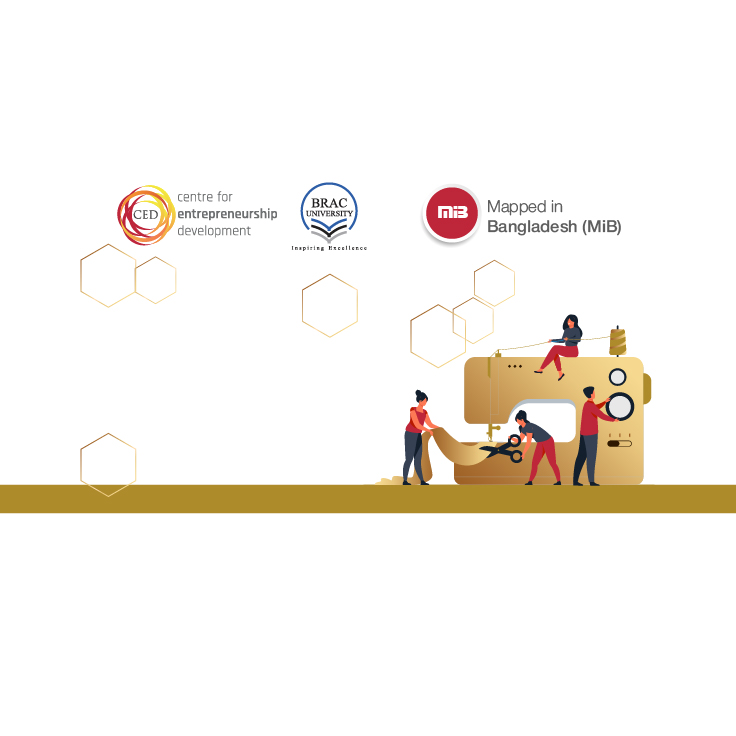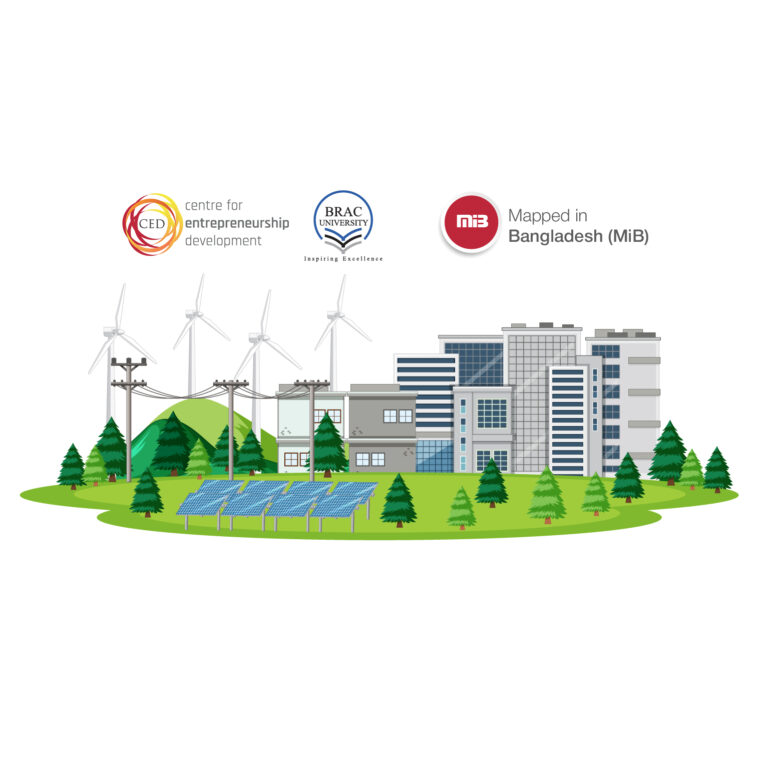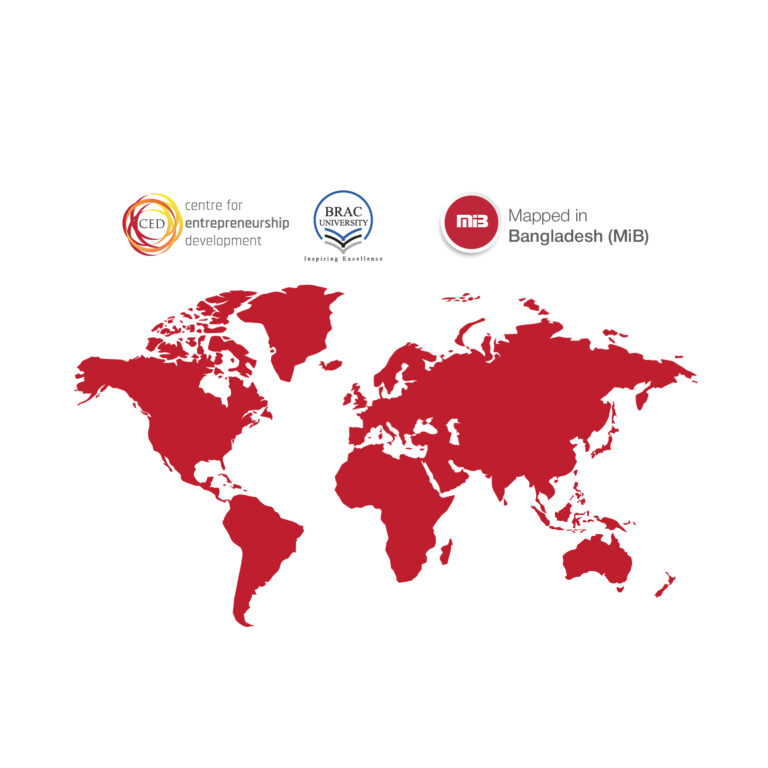Enabling trade unions to settle workplace disputes
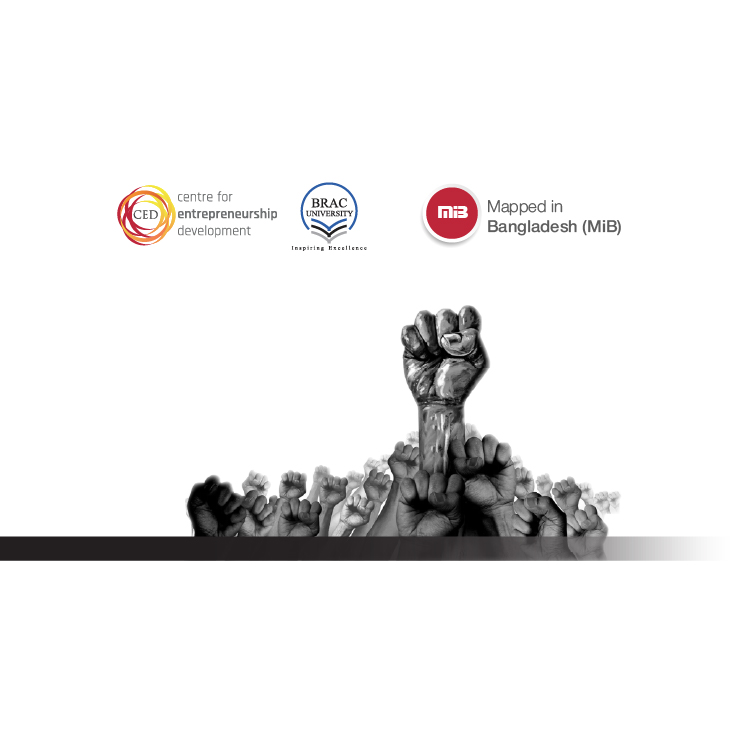
Background
Sommilito Sramik Federation (SSF) is a trade union that works towards achieving decent working conditions in Bangladesh. It represents over 100,000 workers in the RMG sector, raising awareness on the issues facing garment workers, training workers on their rights and responsibilities under national and international labour frameworks and building their capacity to build leadership and negotiate for better working conditions. A core area of their work focuses on enabling access to legal entitlements, whereby the organization provides legal aid and mediation support to garment workers in workplace disputes.
The Challenge
SSF’s legal work plays out in several ways. In the first instance, the team will aim to solve complaints through a mediation process, or by engaging trade unions and buyers if need be. When mediation fails, cases are taken to court. All these process- es require SSF to access specific data about factories to negotiate with them and, if need be, provide further evidence to progress cases. Having data available quickly is essential for SSF to solve cases in a timely manner, which is particularly important for limiting disruption for workers in disputes.
The Solution
SSF frequently uses MiBs social data to negotiate with factories, including whether the factory has a worker participation committee, an anti-harassment committee and a maternity leave policy, as well as whether the factory has facilities like separate washrooms and childcare.
In many cases, simply having this data listed on MiB acts as a negotiating point and an evidence base, as factories are unable to deny certain commitments when they are made public. Furthermore, in cases where SSF needs to engage with brands, the MiB platform is used in the first instance to understand which brands source at the site.
The Result
MiBs data has been critical in supporting SSF with achieving their work, which has to date included 595 cases from 248 factories. Of this, 253 complaints have been resolved, 26 workers have been reinstated to their previous jobs and 25 cases have been filed to labour court. Crucially, SSF currently resolves cases far quicker than the average case and due in large part to having MiBs data available.
Testimonial
MiBs data has been critical for progressing SSF’s employee remediation work. The open-source nature of MiBs data results in more accountability for factories and is a valuable tool in our negotiations with them. And, by understanding which brands source at the factories we negotiate with, the team can engage brands swiftly when need be. By having access to MiBs data, our team can solve cases in a timely and efficient. Not only does limit disruption for workers, but it also enables our team to take on more cases.
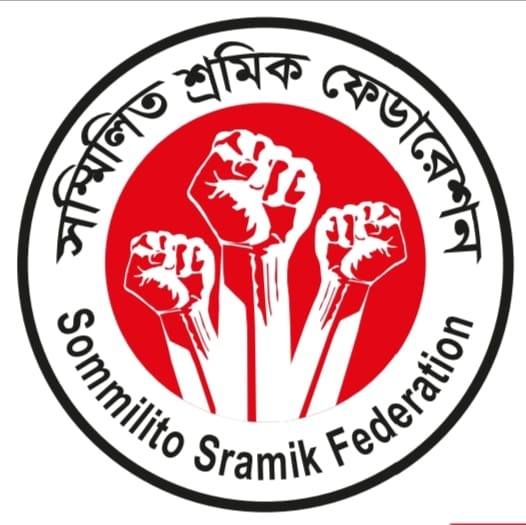
Implemented by

Funded by

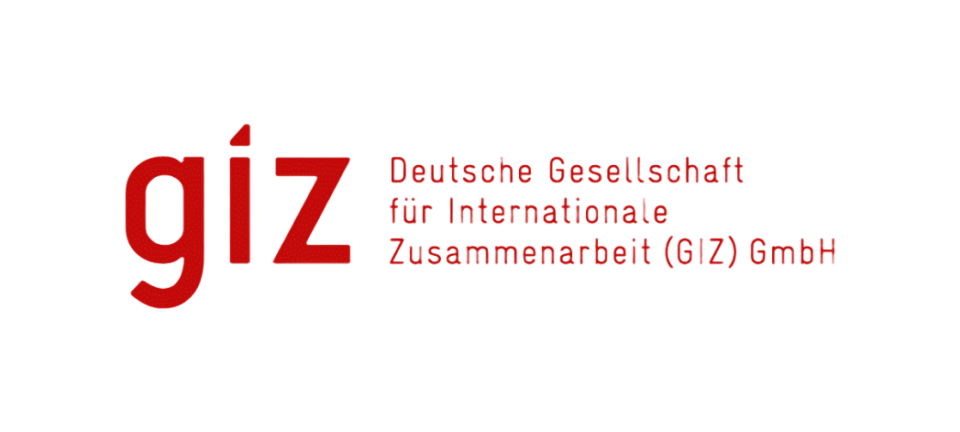

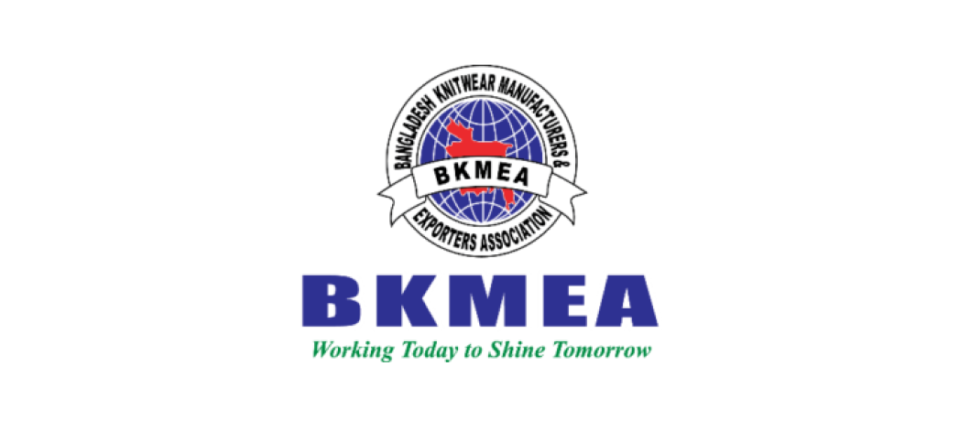
Latest Case Studies
Read the case studies and updates from the MiB team.


